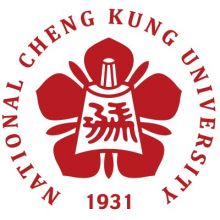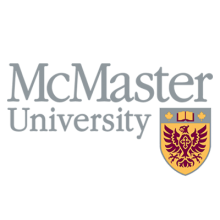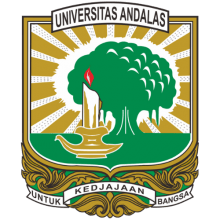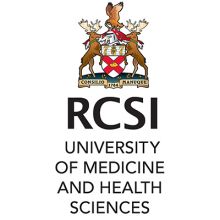About Nagoya University
Nagoya University, also known as “Meidai”, has a history that can be traced back to 1871, when the Japanese city’s medical school and public hospital - only temporary at the time - opened.
It was in 1939 that the institution became known as Nagoya Imperial University (the last of the country’s Imperial universities), before taking its current name in 1947.
The university has nine faculties and 13 graduate schools, and has a particularly strong reputation for research in the sciences. There are also three research institutes and 18 research centres based at Nagoya University.
The university hosts an annual festival, the Nagoya University Festival (or Meidai-Sai), each June. It is the biggest university festival in the region, pulling in more than 50,000 visitors each year. There are about 100 events at the festival, organised by the university’s clubs and societies. It also includes tours of the laboratories and mock lectures.
Remarkably, six of the 13 Japanese Nobel Prize-winners of the 21st century spent time as members of faculty at Nagoya University. In addition, Shigefumi Mori, a Fields Medalist in 1990, spent the majority of his career at Nagoya.
Alumni of Nagoya University include Uichiro Niwa, the Japanese ambassador to China, and Shoichiro Toyoda, a former CEO of the Toyota motor company.
Nagoya is Japan’s fourth largest city by population, after Tokyo, Yokohama and Osaka. Toyota was founded and is still headquartered near the city, while Nagoya City Science Museum is home to the largest planetarium in the world.
Explore these featured universities
Explore rankings data for Nagoya University
Compare universities on their key stats
Key statistics
- 13.0No. of students per staff(1)
- 12%Percentage of International Students(1)
- 30 : 70Student Ratio of Females to Males(1)
- 32%Proportion of ISR Publication(1)
- 15,224Number of FTE Students(1)
- ¥4,777Finance per Student (¥000s)(2)
Subjects taught at Nagoya University
Arts & humanities
- Architecture
- Languages, Literature & Linguistics
- Archaeology
- History, Philosophy & Theology
Engineering & technology
- Electrical & Electronic Engineering
- Chemical Engineering
- Civil Engineering
- Mechanical & Aerospace Engineering
- General Engineering
Psychology
- Psychology
Life sciences
- Agriculture & Forestry
- Biological Sciences
- Sport Science
Social sciences
- Geography
- Communication & Media Studies
- Sociology
- Politics & International Studies (incl Development Studies)
Clinical, pre-clinical & health
- Other Health
- Medicine & Dentistry
Business & economics
- Accounting & Finance
- Economics & Econometrics
- Business & Management
Physical sciences
- Physics & Astronomy
- Mathematics & Statistics
- Chemistry
- Geology, Environmental, Earth & Marine Sciences
Education
- Education
Law
- Law
Computer science
- Computer Science










